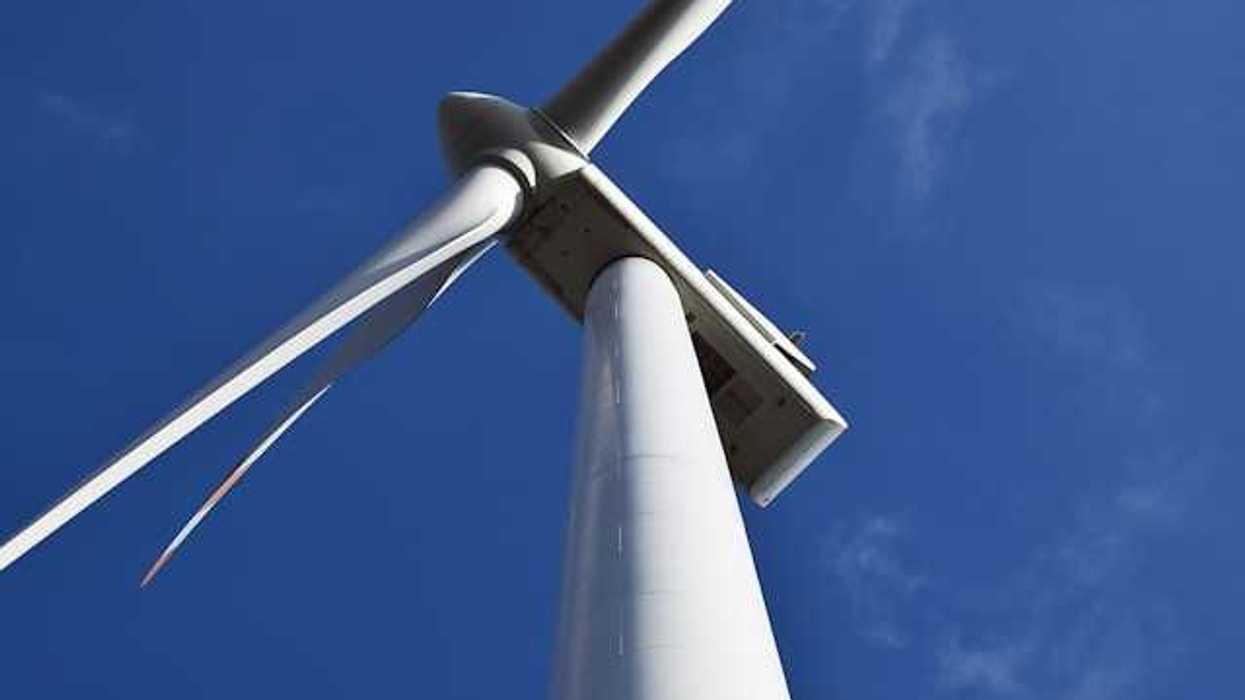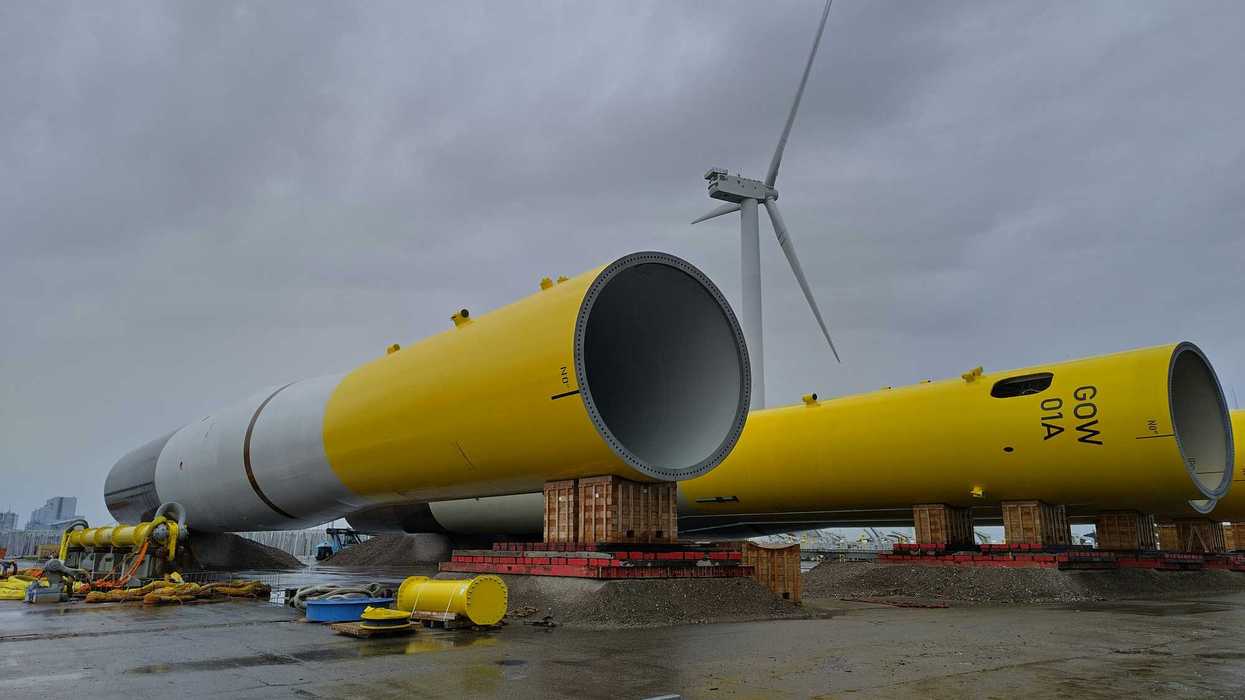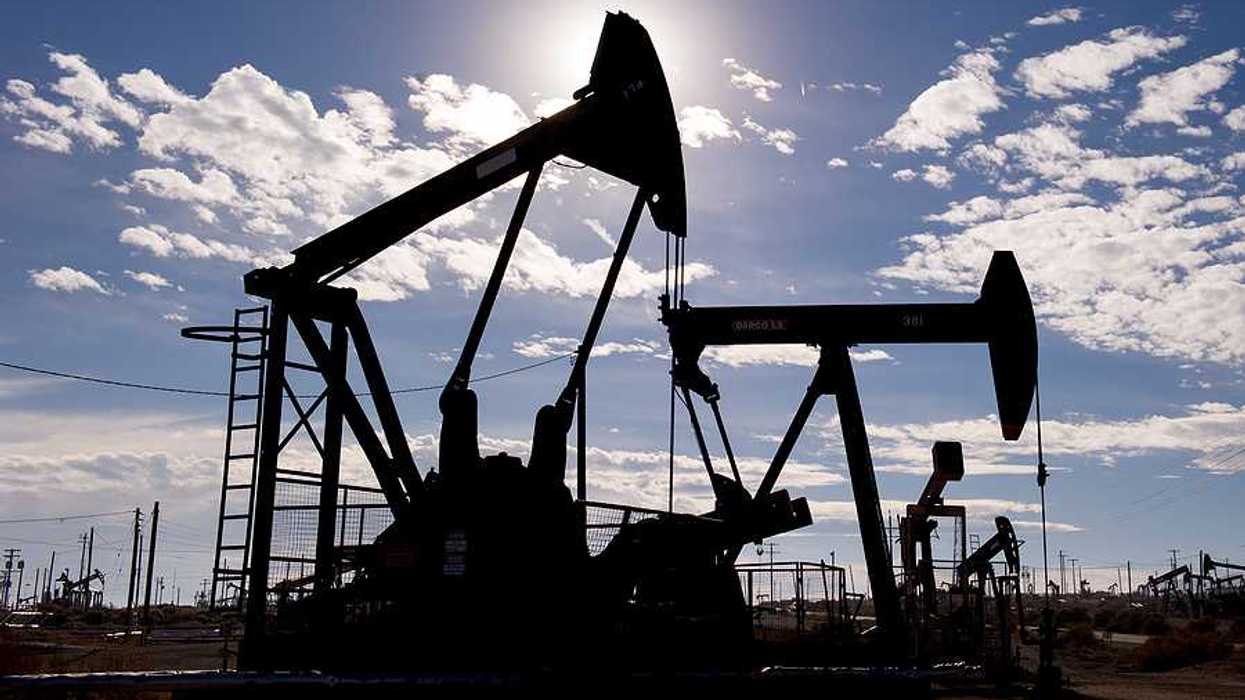Inside Climate News: Jake Bolster reports that the Environmental Protection Agency approved a permit for a toxic fracking wastewater disposal well named Sedat 4A, a highly controversial project in Plum Borough, Pennsylvania, rejecting residents’ concerns that leaks from the well could migrate and pollute other wells and groundwater.
In a nutshell:
The decision reflects a growing need for disposal options in Pennsylvania due to heightened safety concerns surrounding underground storage in Ohio. Fracking generates wastewater with high concentrations of contaminants, making traditional treatment expensive. Some conventional gas wells in Pennsylvania are being converted into injection wells, although this repurposing raises concerns about long-term material stress and safety. Sedat 4A would be the 15th injection well in the state, reports Bolster, with operation pending further approvals and potential litigation.
Key quote:
Injecting oil and gas waste down a well repurposed for disposal can test the limits of its materials. “If you’re risking using an old well for many decades to come, it’s going to be repressurized many times at pressures higher than it ever saw as a gas well,” said Tony Ingraffea, a professor emeritus of engineering at Cornell University. Ingraffea, who has served as a consultant for residents fighting the proposed new well, added that repressurizations occur with each delivery, of which there can be several a day.
The big picture:
The approval of this fracking wastewater disposal well gives rise to concerns about potential consequences on various fronts. Health risks stem from the toxic elements present in the wastewater, which, if not securely contained, could lead to groundwater contamination. Environmental concerns include the long-term effects of repurposing conventional gas wells for wastewater injection, potentially straining materials and posing safety hazards. Finally, environmental justice issues come to the forefront as local residents express worries about noise pollution, property devaluation, and potential harm to businesses, underscoring the broader societal implications of such approvals.
Read the article at Inside Climate News.
For additional information about the health effects of fracking, be sure to read Brian Bienkowski's piece for EHN noting that chemicals commonly found in groundwater near fracked oil and gas wells appear to impair the proper functioning of the immune system.














